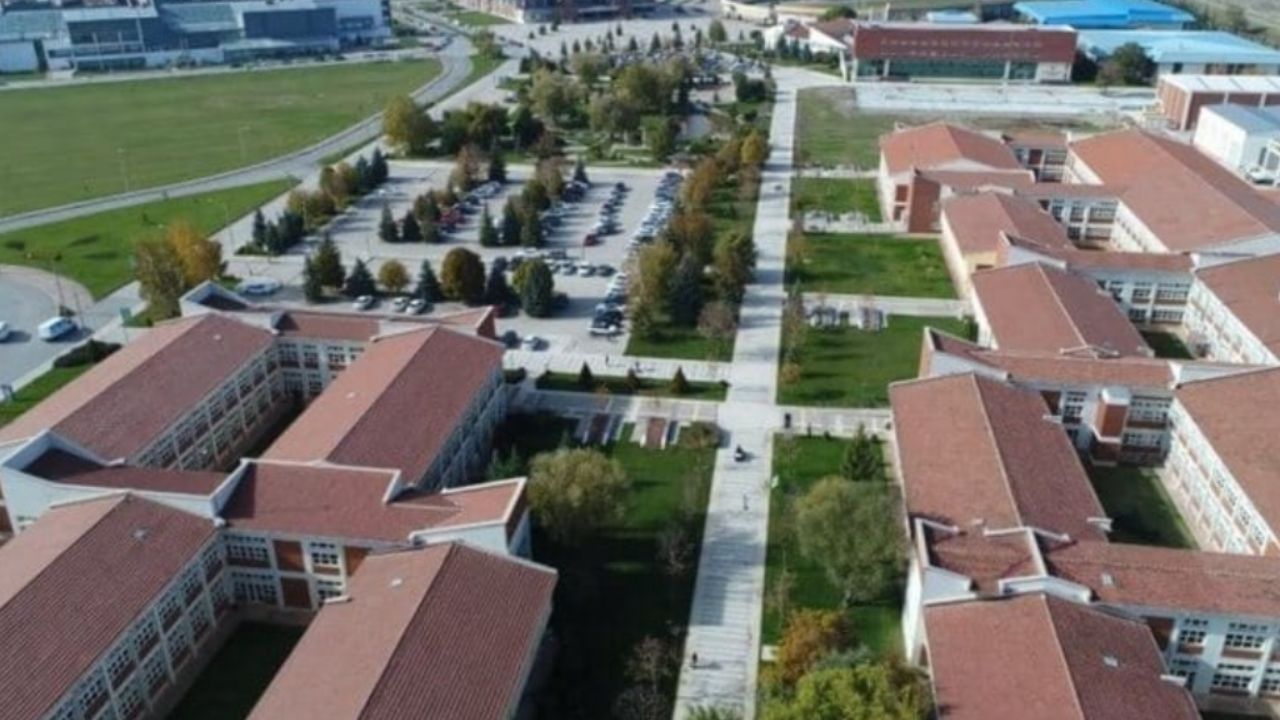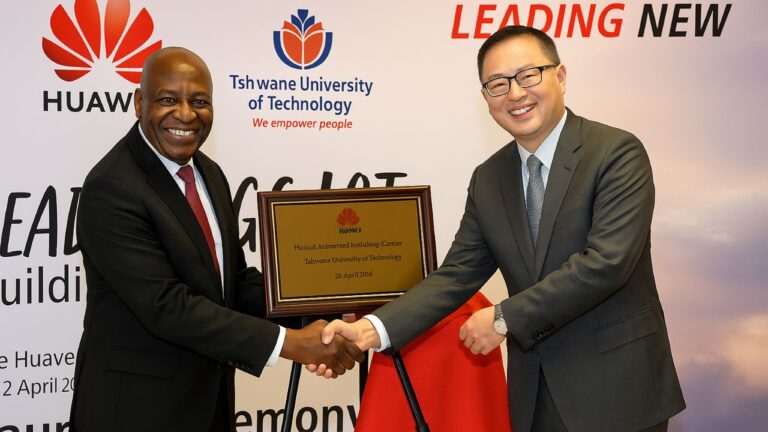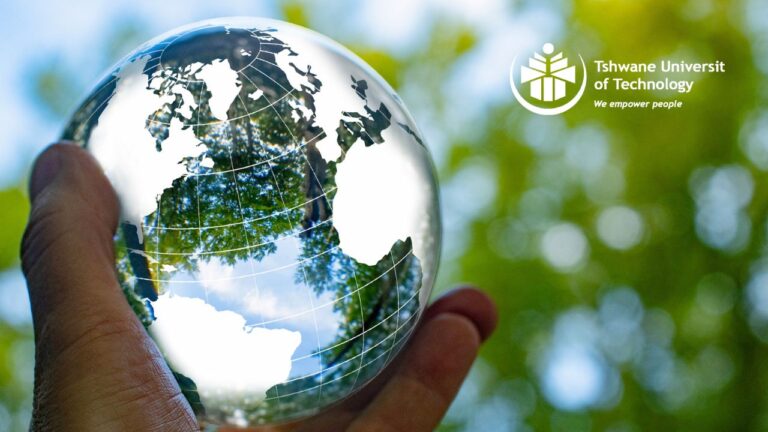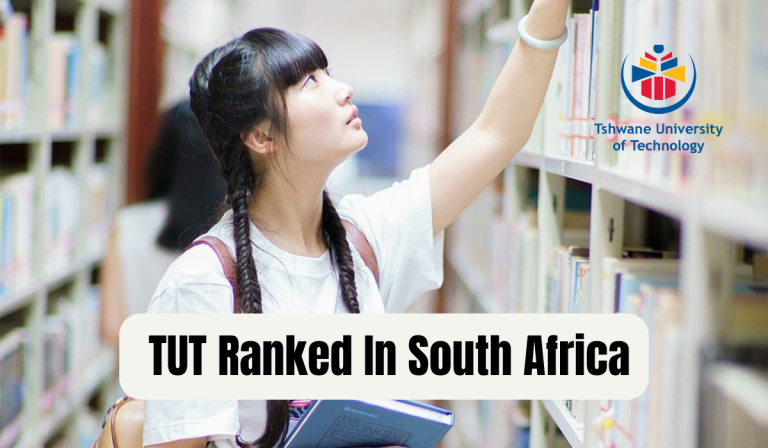TUT Students Selected for Erasmus+ Exchange With Eskişehir Technical University

TUT Students Selected for Erasmus+ Exchange With Eskişehir Technical University. The Tshwane University of Technology (TUT) continues to reinforce its reputation as a leader in academic excellence and international collaboration.
Recently, four academic staff members from TUT’s Faculty of Engineering and the Built Environment (FEBE) were selected to participate in the prestigious Erasmus+ Staff Exchange Programme with Eskişehir Technical University (ESTU) in Turkey.
This remarkable achievement underscores TUT’s unwavering commitment to nurturing global partnerships, fostering innovative teaching and research practices, and promoting rich cultural exchanges.
A Prestigious Opportunity for TUT’s Faculty of Engineering and the Built Environment
The Faculty of Engineering and the Built Environment (FEBE) at TUT is one of South Africa’s largest and most respected engineering faculties, known for producing industry-ready graduates and conducting impactful research. This latest success story further positions the faculty on the global stage.
Following a rigorous and competitive selection process, four exceptional staff members representing diverse disciplines within the faculty were chosen. These include experts from:
| Discipline | Selected Participants |
|---|---|
| Electrical Engineering | 1 |
| Mechanical Engineering | 1 |
| Industrial Engineering | 2 |
Their inclusion in the Erasmus+ Exchange highlights TUT’s dedication to cultivating a vibrant academic environment where cross-border knowledge sharing is not just encouraged but actively pursued.
What is the Erasmus+ Staff Exchange Programme?
The Erasmus+ Programme is a European Union initiative aimed at enhancing the quality of higher education through international cooperation. It provides academic staff and students with opportunities to gain experience abroad, broadening their professional horizons and building networks that span continents.
For TUT, participation in this programme means strengthening its ties with global institutions like Eskişehir Technical University (ESTU) — a respected Turkish university known for its cutting-edge research and commitment to international collaboration.
Timeline of the TUT – ESTU Exchange
This exciting exchange programme officially commenced in June 2025, with two of the selected staff members embarking on their journeys to Turkey. Their activities include:
- Collaborative Research Projects: Partnering with ESTU peers on joint studies that address pressing engineering challenges.
- Guest Lectures: Sharing expertise with Turkish students and faculty, bringing a distinctly South African perspective to the classroom.
- Curriculum Development: Exploring innovative ways to enrich both universities’ academic offerings.
The remaining two participants will begin their exchange in July 2025, ensuring a sustained momentum of engagement and knowledge transfer between the two institutions.
Comments from TUT Leadership
Dr Vathiswa Papu-Zamxaka, TUT’s Deputy Vice-Chancellor for Research, Innovation and Engagement, emphasised the strategic significance of this programme. She noted:
“This exchange is not just a milestone for individual development but a strategic step towards deepening our institutional links and broadening the impact of our academic offerings globally.”
Such endorsements from leadership highlight how programmes like the Erasmus+ Exchange are integral to TUT’s long-term goals of internationalisation, innovation, and academic excellence.
Benefits of the Erasmus+ Exchange for TUT and South Africa
The ripple effects of initiatives like the TUT Erasmus+ Exchange with Eskişehir Technical University are profound, impacting not only the participating staff members but also the broader university community and even the South African engineering sector.
| Benefit Area | Details |
|---|---|
| Professional Development | Staff gain exposure to new teaching methods, research tools, and cultural perspectives. |
| Research Collaboration | Opens doors to joint research projects, publications, and international funding. |
| Curriculum Enrichment | Incorporation of global trends and technologies into local engineering curricula. |
| Cultural Exchange | Enhances mutual understanding and respect between South African and Turkish academics. |
| Student Advantages | Indirectly benefits students through more informed, globally-aware lecturers. |
Congratulations to TUT’s Outstanding Participants
TUT has expressed immense pride in the four academic staff members chosen for this esteemed opportunity. Their dedication and expertise are expected to translate into richer learning experiences for TUT students and more dynamic collaborations for fellow faculty members upon their return.
As TUT continues to prioritise international partnerships and global knowledge exchange, initiatives like the Erasmus+ Staff Exchange with Eskişehir Technical University serve as shining examples of what can be achieved when institutions commit to breaking educational boundaries.
Conclusion
This TUT Erasmus+ Exchange is more than just a professional milestone — it is a bold step toward building a globally competitive, research-driven South African higher education landscape. By fostering robust ties with international universities such as ESTU, TUT not only enhances its own academic footprint but also contributes meaningfully to positioning South African universities as key players on the world stage.






